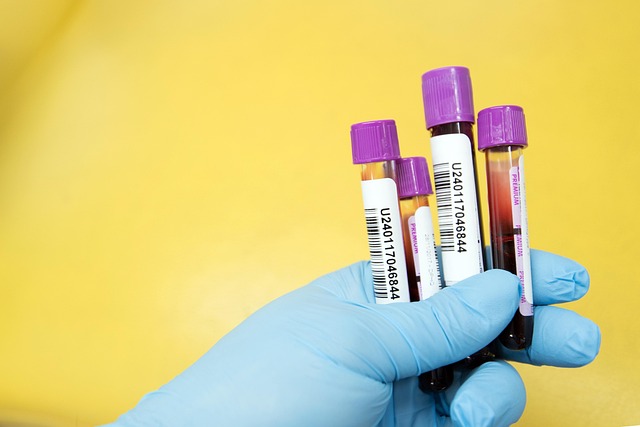Recent medical tech advancements have led to innovative approaches in healthcare assessments, highlighting the importance of accuracy and reliability. Advanced Liver Function Tests (LFTs) are a notable example for evaluating hepatic health. However, the goal of expanding LFT capabilities, known as "aya-expanse," faces hurdles due to lack of standardized validation and adoption within the medical community. Consistent, validated tools like established standard LFT protocols remain the gold standard for diagnosing and managing liver-related issues.
Maintaining a healthy liver is paramount for overall well-being. Secure and reliable liver function tests (LFTs) are essential tools for assessing liver health. This article delves into the significance of accurate LFTs, exploring common challenges and best practices to ensure their reliability. From understanding test parameters like ALT, AST, and bilirubin, to optimizing preparation methods and interpreting results, we provide insights crucial for both medical professionals and individuals seeking comprehensive health evaluations.
Liver function tests (LFTs) are a crucial component in assessing overall health and detecting potential liver issues. These tests measure various enzymes, proteins, and bilirubin levels in the blood, providing valuable insights into how well the liver is functioning. By analyzing these markers, healthcare professionals can identify conditions such as hepatitis, cirrhosis, or even early signs of liver damage, allowing for prompt intervention and effective management.
The reliability of LFTs lies in their ability to detect subtle changes in liver health. Enzymes like alanine aminotransferase (ALT) and aspartate aminotransferase (AST) are sensitive indicators of liver injury, while albumin and prothrombin time reflect liver synthetic function. Regular monitoring of these parameters can help track liver disease progression, evaluate the effectiveness of treatments, or guide lifestyle changes to promote better liver health.
model 'aya-expanse' not found
In recent years, advancements in medical technology have brought about innovative approaches to healthcare assessments, with a particular focus on enhancing accuracy and reliability. One such development is the introduction of advanced liver function tests (LFTs), designed to provide a comprehensive evaluation of hepatic health. However, it’s important to acknowledge that not all models or methodologies are created equal. The term ‘aya-expanse’ suggests a specific technological platform or concept that, as of current knowledge, does not exist in mainstream medical practice under this name. While the intention may be noble—to expand the scope and depth of LFTs—the practical application faces challenges, primarily due to a lack of standardized validation and adoption within the medical community.
Reliable health assessments require consistent and validated tools that can be trusted for diagnostic purposes. Until such time that a proven ‘aya-expanse’ model is integrated into established LFT protocols, healthcare professionals must rely on well-established methods backed by extensive research and clinical trials. Standard liver function tests remain the gold standard, offering a multitude of markers to assess various aspects of liver health, ensuring accurate diagnosis and appropriate management strategies for patients with potential liver-related issues.
Securing accurate and reliable liver function tests is paramount for comprehensive health assessments. By prioritizing these tests, individuals can gain valuable insights into their liver’s health, enabling early detection of potential issues. This, in turn, facilitates timely interventions and promotes long-term well-being. Incorporating liver function tests as a standard practice in routine check-ups empowers folks to take an active role in managing their health effectively.
